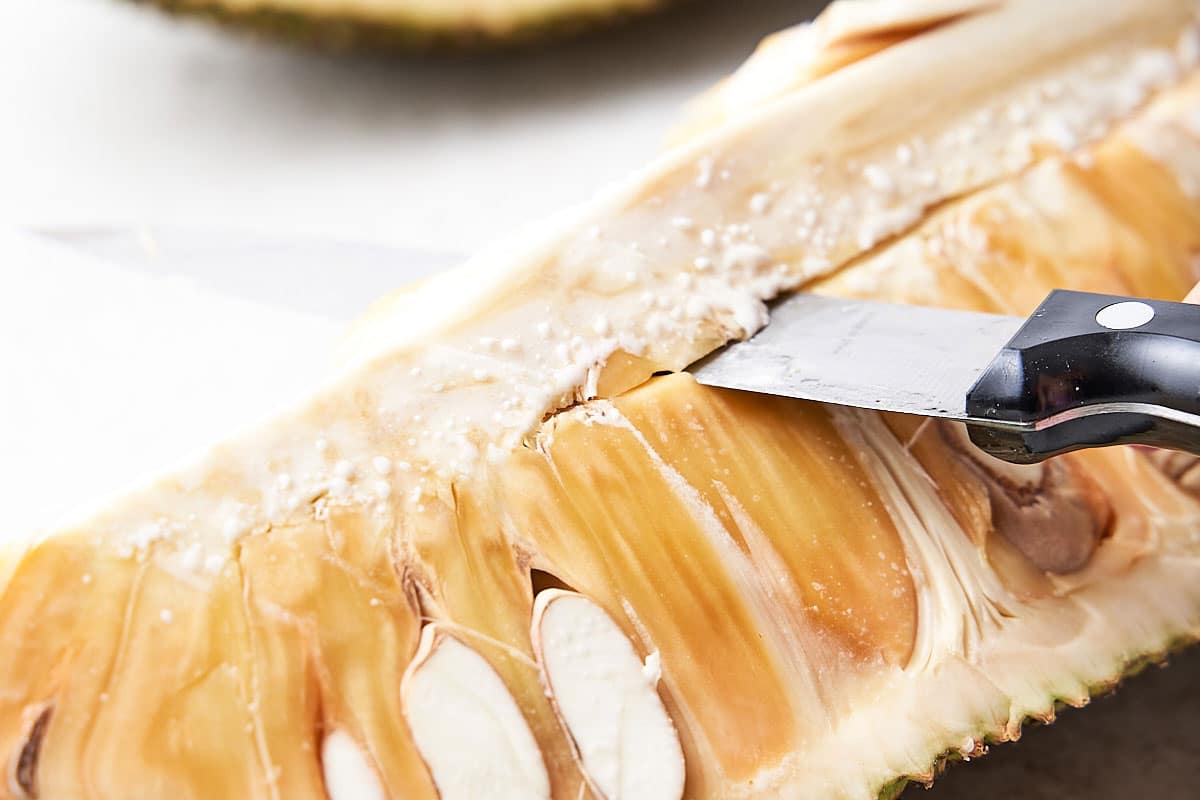Detailed Guide on How to Clean a Japanese Knife for BBQ Enthusiasts
Written By James Morgan
As a BBQ enthusiast, you understand the importance of your tools. While the grill and spatula are critical, the unsung hero of BBQ perfection is undeniably the knife. In particular, Japanese knives have earned a special place in the hearts of many. But like any good piece of equipment, these knives need meticulous care. Heres your comprehensive guide on how to clean a Japanese knife.

The Importance of Cleaning Your Japanese Knife
Before diving into the cleaning process, its crucial to understand why regular maintenance is necessary. Japanese knives often feature high-carbon stainless steel, which means they are sharper and more precise but can also be prone to rust and corrosion if not cared for properly. A clean knife ensures not just a longer lifespan but also a safer and more enjoyable grilling experience.

Preparing to Clean: What Youll Need
To properly clean your Japanese knife, youll need:
- Mild dish soap
- Warm water
- A soft sponge
- A dry, soft cloth
- Vegetable oil (optional)
Step-by-Step Guide to Cleaning Your Japanese Knife
1. Immediate Rinse
After using your knife, immediately rinse it under warm water. This helps to remove any food particles that might cause staining or dull the blade.
Everyday Health suggests utilizing proper knife skills when cutting complicated fruits and veggies, as this can prolong your knife's sharpness.
2. Apply Mild Dish Soap
Use a small amount of mild dish soap and apply it to the soft sponge. Avoid using abrasive pads as they can scratch the blade. Gently scrub both sides of the blade in a sweeping motion.
3. Rinse Thoroughly
Rinse the knife again under warm water to ensure all soap residue is removed. Soap can tarnish the blade if not properly rinsed.
4. Dry Immediately
Use a soft, dry cloth to wipe the blade immediately. Never air-dry your Japanese knife as this can lead to spotting or rust, especially when dealing with high-carbon steel blades.

Maintenance Tips for Longevity
5. Optional: Apply a Thin Layer of Vegetable Oil
If your knife has a high carbon content, consider applying a thin layer of vegetable oil to prevent rust. This is especially crucial if you live in a humid environment.
Regular maintenance doesnt just stop at wiping and oiling. Knowing what angle to sharpen a Japanese knife can also be incredibly beneficial for maintenance.

Storage Solutions for Your Japanese Knife
Proper storage is another element of maintaining your knifes integrity. Consider using a magnetic strip or a knife block with individual slots to store your Japanese knife. This prevents the blade from being nicked or damaged. Learn more about how to store a Japanese knife.
Dos and Donts for Long-lasting Knives
Dos:
- Use a soft sponge
- Rinse immediately after use
- Dry thoroughly
- Store properly
Donts:
- Use abrasive cleaning tools
- Soak the knife in water
- Dishwash your Japanese knife
- Leave to air dry
Common Mistakes to Avoid
One common mistake is using your Japanese knife on hard surfaces. Always use a wooden or plastic cutting board to maintain the sharp edge. Correctly holding your Japanese knife during use can also prevent accidental nicks and dulling.
The Importance of Sharpening and Honing
Sharpening your Japanese knife is essential for maintaining its efficacy. The angle and technique matter immensely. For detailed guidance, visit our resource on how often to sharpen a Japanese knife.
FAQ: Answering Your Burning Questions
Q: Can I put my Japanese knife in the dishwasher?
A: Absolutely not. The high heat and abrasive detergents can cause irreparable damage to the blade.
Q: How often should I oil my Japanese knife?
A: If you live in a humid area, oil your knife every 2-3 months to prevent rust. In drier climates, every 6 months should suffice.
A: Learn how to treat minor cuts to handle small injuries in the kitchen efficiently.
Q: What should I do if my knife starts to rust?
A: Use a rust eraser or a mixture of baking soda and water to gently scrub the rust away. Afterward, apply a thin layer of vegetable oil to the blade to prevent future rusting.
Conclusion
Caring for your Japanese knife ensures it remains a reliable tool in your BBQ arsenal. Proper cleaning, maintenance, and storage will prolong the knifes life and enhance your grilling experience. With these steps, your Japanese knife will stay as sharp and effective as the day you purchased it.
As an Amazon Associate, I earn from qualifying purchases.



